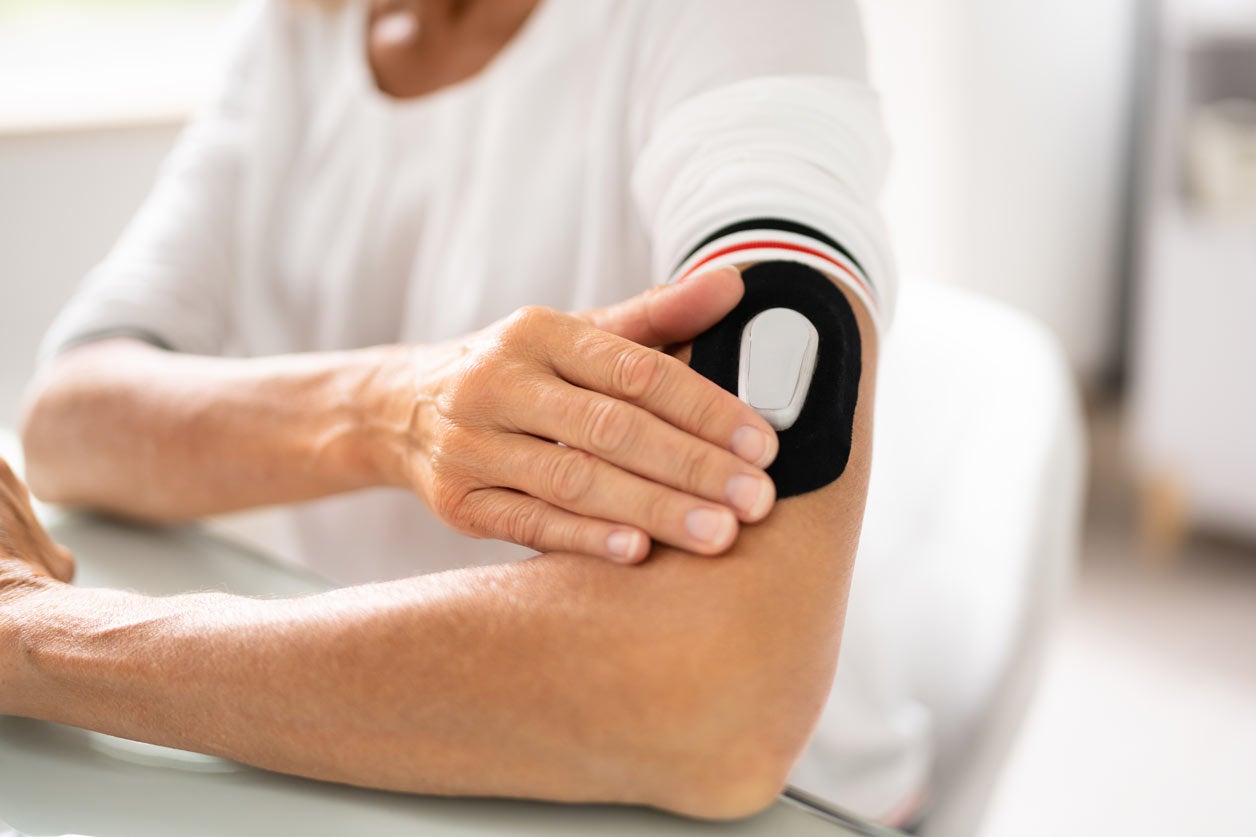HealthHub
Trusted information to help you on your health journey.
Browse by topic
Explore our collection of clinician-reviewed content by specific health conditions or concerns.

Digestive Health
View this topic
Orthopedics
View this topic
Heart Health
View this topic
Diabetes
View this topicPersonalized health collections for personal wellness
Find the health information you're looking for in our curated collections.

Men's Health
Information just for men, like common health conditions and important check-ups.
View collection
Children's Health
All the pediatric health information you need, in one convenient collection.
View collection
Women's Health
Explore a variety of health topics intended to help women live their healthiest lives.
View collection
Older Adult Health
Helpful information to support healthy living and ongoing wellness for older adults.
View collectionTrending healthcare topics
The latest news, studies, and trending topics about health, wellness, and tips for living your healthiest life.
 Nutrition
Nutrition
3 Heart-Friendly Ways to Upgrade Your Day
Isn’t everyone looking for ways to enjoy their days more—with less effort? Try this heart-friendly advice.
 Management
Management
Your Child's Asthma: How Severe Is It?
A look at the 4 asthma severity levels.
 Treatment
Treatment
Diagnosis and Treatment for Migraines
To help diagnose a migraine, your doctor may ask you when your headaches occur, how long they last, and what they feel like.
 Treatment
Treatment
Treating Aged or Sun-Damaged Skin
Detailed information on treating aged or sun-damaged skin.
 Nutrition
Nutrition
Decoding Popular Diets
These diets may be trending, but are they right for you? Only you and your healthcare provider can answer that question. Use the information below as a starting point for your conversations.
 Healthy Living
Healthy Living
Ability to Concentrate Isn't What It Used to Be
With today's world filled with so much stimulation, quick news reports, and fast-food restaurants on every corner, are we capable of concentrating as well as we used to?

Helpful tools for your healthcare needs
Trustworthy tools to know your risk and test your knowledge.
Wellness Articles
Staying healthy starts with what you know. Learn something new about about nutrition, exercise, stress management, and healthy habits.
 Prevention
Prevention
Nutrition to Reduce Cancer Risk
Learn more about nutrition and its role in preventing cancer.
 Healthy Living
Healthy Living
Boosting Your Mental Health
Good mental health is just as important as good physical health. But we all face changes in life that can challenge our emotional well being.
 Treatment
Treatment
Quit-Smoking Tools: Help for Kicking Your Habit
As you likely already know, quitting smoking isn't easy. But millions of other people have done it—and you can, too. Here are some things that can help.

